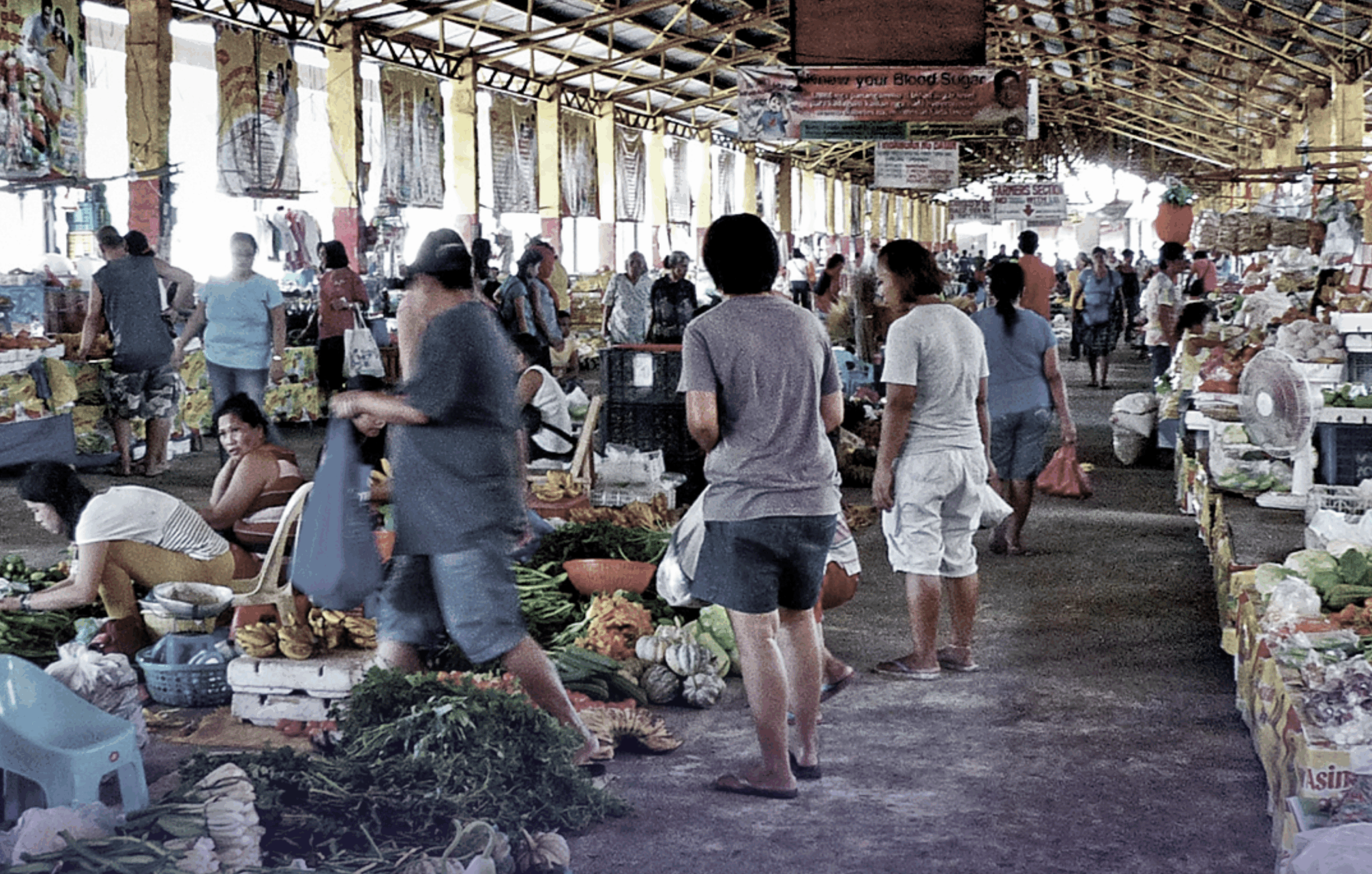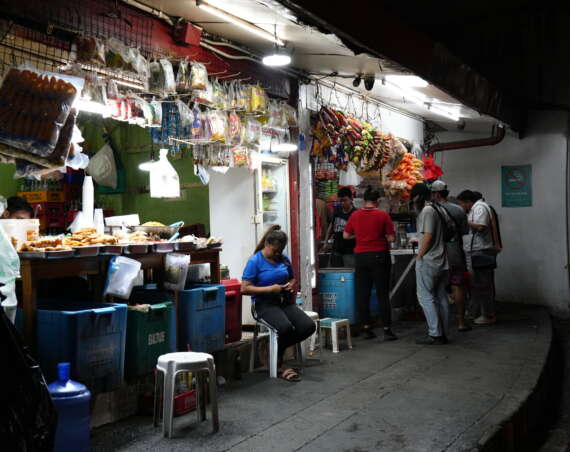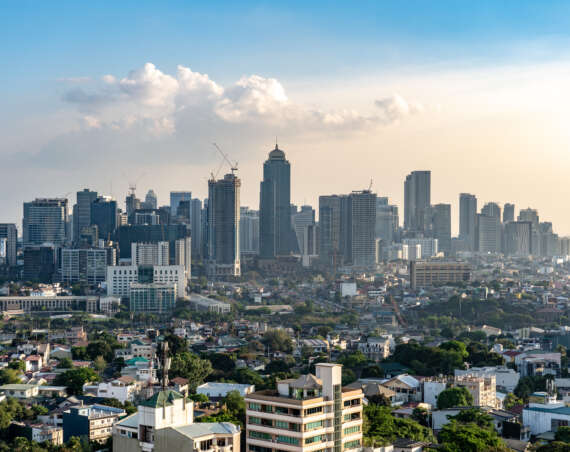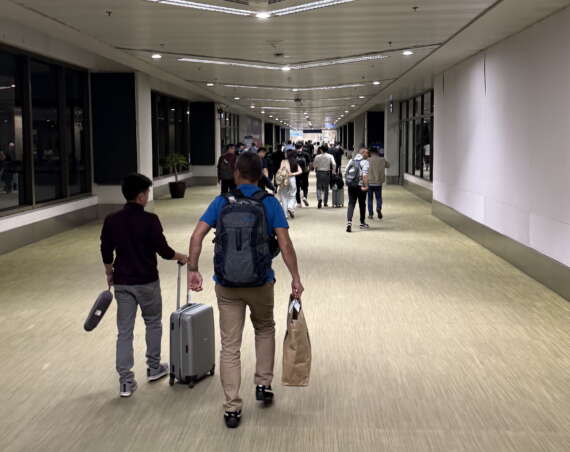Batangas 1st District Rep. Leandro Leviste warned on Saturday, November 15, that the Philippines is experiencing its “worst economy” in many years, pointing to a steep loss of investor confidence that he said is now dragging down growth, weakening the peso, and pushing up consumer prices.
Speaking on DZRH News’ Special on Saturday, Leviste said corruption scandals and political instability have become central drivers of the country’s economic slide.
“This is really the worst economy that our country has had in so many years,” Leviste said. “And the root of it is a lack of investor confidence. I think if the government will show that we have a serious commitment to stopping corruption, then that will be the only way that we can restore investor confidence in our government.”
He said the economic strain is already reaching ordinary Filipinos as job creation slows and wages fail to keep up with rising prices.
Leviste noted that the peso hovering near ₱60 to the dollar further aggravates inflation, especially in a country heavily reliant on imported goods.
“Ang consequence niyan para sa ating mga mamamayan… hindi magiging sapat ang pagdagdag ng mga trabaho at pagtaas ng ating sahod,” he said.
“At dahil ang peso ay 59 approaching 60 pesos to $1 na nga, tataas din ang presyo ng mga bilihin dahil sa ating dependence on importation,” he added.
Citing economic data, Leviste said the primary reason for the downturn is not weather-related disruptions or slower public works spending but a sharp decline in foreign investment.
“May data nga din, bumaba ng 40% ang foreign investment sa Agosto,” he said.
He added that investor exits can be seen clearly in the stock market, which he described as reflecting deep anxiety about the country’s direction.
“Nasa 5-year low ang ating Philippine Stock Exchange,” he said, referencing earlier estimates that ₱1.7 trillion in value had been wiped out.
Leviste said the losses may be even larger when compared to the performance of neighboring markets.
“Hindi lang 1.7 trillion. Kung i-compute niyo po ang pagbaba ng Philippine Stock Exchange sa iba pang Southeast Asian stock exchanges, baka 5 trillion pesos ang nawala sa ating ekonomiya dahil sa mga ongoing political issues,” he said.
While Leviste noted that foreign investors may be “overreacting” to the political climate, he stressed that financial markets ultimately respond to confidence, not intention.
The lawmaker warned that investor sentiment will not recover unless the government demonstrates a credible effort to address corruption.
“Unless we can show investors that there is a real change in the leadership of this country, then talagang hindi magbabago,” he said.
He predicted that foreign investment, the exchange rate, and GDP growth would remain weak for “the next two and a half years” unless reform becomes a priority.
Leviste’s remarks come as the stock market suffers its worst performance since the pandemic.
On November 12, the Philippine Stock Exchange index (PSEi) plunged to 5,629.07, its lowest close in five years, amid softer consumption, reduced public spending, and mounting corruption fears.
The All Shares Index also fell sharply as analysts described the situation as a “bloodbath” driven by grim economic indicators.
On Friday, November 14, the PSEi slid even further to 5,584.35 as corruption concerns intensified following damaging testimony about irregularities across multiple government agencies.
The peso also weakened to ₱59.065:$1, adding pressure to inflation.
With the capital index back in the 5,500 range and investor confidence deteriorating, Leviste said the Philippines must confront the economic cost of political turmoil.
“For the next two and a half years, mananatiling mababa ang ating exchange, foreign investment, and consequently, GDP growth,” he warned.






